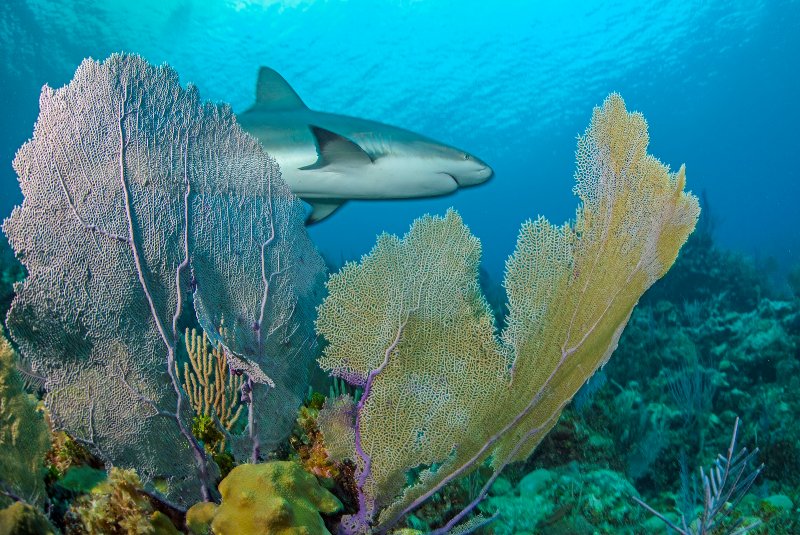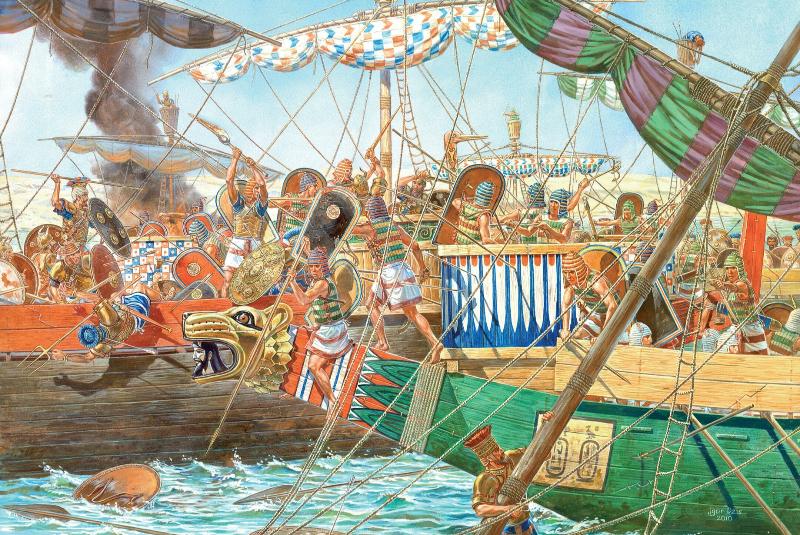Cuba's coral reefs stand as underwater bastions of biodiversity, glowing with life in the waters that Christopher Columbus once called "the most beautiful land human eyes have ever seen." Yet, unbeknownst to many, the political and economic upheavals of the 20th century have played an inadvertent yet pivotal role in preserving these natural underwater wonders. As we embark on this extensive exploration, we will delve deep into the historical, ecological, and scientific journey that has led to the flourishing state of Cuba's coral reefs in an age where many others are facing peril.
The relationship between the environment and human political structures is often complex and intertwined. This connection has been seldom more evident than in the case of Cuba's coral reefs, where the cessation of certain human activities due to broader political changes—specifically the collapse of the Soviet Union—has had a profound positive impact on their conservation.
Before delving into the modern state of these reefs, it is essential to appreciate the historical context that led to their current condition. Cuba, an island nation with a history as rich and tumultuous as its land is fertile, has seen its fair share of political and economic shifts, each leaving its mark on the environment. The arrival of Europeans, the tumult of colonial exploitation, and the eventual fight for independence all shaped Cuba's natural and social landscapes.
Following the Cuban Revolution in 1959, the island's ties with the United States were severed, leading Cuba to forge a strong economic relationship with the Soviet Union. This partnership significantly influenced Cuba's agricultural policies and practices, with a heavy emphasis on sugar production. The Soviet Union provided Cuba with the necessary resources, including synthetic fertilizers and pesticides, to boost its sugar output. This arrangement lasted until the fall of the Soviet bloc, a moment that had unexpected ecological consequences.
With the dissolution of the USSR in 1991, Cuba's lifeline for agricultural chemicals was abruptly cut. The island found itself in a period known as the "Special Period," characterized by economic hardship and resource scarcity. This scarcity led to radical changes in Cuba's agricultural sector. Unable to import synthetic fertilizers and pesticides, Cuba turned towards sustainable and organic farming practices. This transition was not merely a choice but a necessity, driven by the harsh realities of geopolitical changes.

The organic farming movement that emerged during the Special Period significantly reduced the runoff of harmful chemicals into the ocean. As agricultural practices shifted, so too did the impact on the adjacent marine environments. It is within this context that the unexpected conservation of Cuba's coral reefs began to unfold.
Marine scientists have long understood the deleterious effects of fertilizer runoff on coral reefs. These chemical-laden waters fuel the growth of algae, which can outcompete and smother coral, disrupting the delicate balance of reef ecosystems. Thus, as Cuba's agriculture became more organic, the inadvertent beneficiary of these changes was the marine life surrounding the island.
The coral reefs off Cuba's coast, like the breathtaking Jardines de la Reina archipelago, have become a subject of intense interest and study. As divers and marine biologists descended into these waters, they found vibrant ecosystems brimming with life. The reefs were home to a plethora of marine species, from the smallest of colorful fish to the larger predators like sharks, all coexisting in a delicate harmony supported by the thriving corals.
These underwater landscapes have indeed been shaped by human activity, but unlike many other parts of the world, the activity has allowed them to thrive rather than leading to their degradation. The reduction in agricultural runoff is only one piece of the puzzle. Cuba's political isolation, while economically challenging, also meant that its coastal waters were spared the heavy maritime traffic, overfishing, and coastal development that have damaged many other coral reef systems worldwide.
The isolation has also preserved not just the coral reefs but the stories and heritage associated with them. The reefs of Cuba are not merely ecological treasures; they are cultural and historical repositories. Shipwrecks from centuries past lie in the depths, untouched and preserved, providing unique insights into the maritime history of the Caribbean. The waters are not just alive with marine creatures but with the whispers of history, from the colonial era to the age of piracy, and through the many political changes of the modern era.
The case of Cuba's coral reefs presents a remarkable study in resilience and the potential for recovery. It also poses important questions about the role of human intervention in natural systems. The unintentional conservation of these reefs offers a beacon of hope, showing that with reduced human impact, ecosystems can rebound and even flourish.
As the world now grapples with the urgent threat of climate change, the story of Cuba's coral reefs provides valuable lessons. The reefs have so far been resilient to the warming seas, but they are not immune to the broader impacts of climate change. The reduced chemical runoff has given these reefs a fighting chance, but they now face the looming challenge of ocean acidification and temperature increases that accompany global climate shifts.
As Cuba opens up more to international collaboration, there is hope that the lessons learned from its coral reefs can be applied to conservation efforts worldwide. The organic farming practices that inadvertently protected these reefs can inform sustainable agricultural practices in other regions. Moreover, as more scientists study these unique ecosystems, the knowledge gained could prove vital in preserving other coral reefs facing similar threats.
In the end, the story of Cuba's coral reefs is one of beauty, resilience, and the profound interconnectedness of human and natural history. It serves as a reminder that sometimes, amidst political upheaval and societal change, nature finds a way to not only survive but thrive. It is a testament to the tenacity of life and the enduring power of adaptation.
As we continue to forge our path through the Anthropocene, the era of significant human impact on the planet, the narrative of Cuba's coral reefs stands as a poignant reminder of the unintended consequences of our actions. It is a story that underscores the need for thoughtful stewardship of the natural world, a call to action for sustainable practices, and a celebration of the unexpected victories in conservation. It compels us to look beyond the immediate and the intentional, to understand the far-reaching effects our global interconnectedness can have on the environment, for better or for worse.
The preservation of Cuba's coral reefs, a fortunate byproduct of a complex socio-economic history, is a story that should inspire and inform future efforts to safeguard our planet's precious and precarious natural resources. It is a reminder that within every challenge lies an opportunity, within every change, a chance for regeneration and renewal. As the world looks to Cuba and its underwater marvels, it becomes clear that the greatest achievements in conservation may come from the most unforeseen circumstances.




